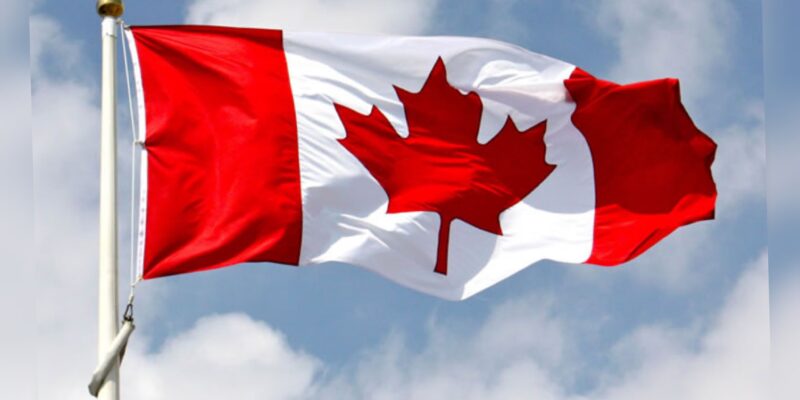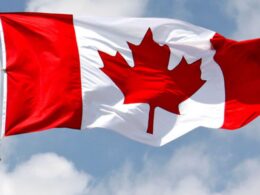Asylum seekers in Canada must present evidence indicating a danger of torture, risk to their life, or risk of cruel and unusual treatment or punishment if returned to their country of origin.
Canada’s Immigration and Refugee Board (IRB) has granted asylum to 1,467 Nigerians seeking refugee protection between January 2023 and March 2024, according to recent data.
This brings the total number of accepted asylum claims from Nigerian nationals to 11,370 since 2012.
The IRB provides refugee protection in Canada if it confirms that an applicant meets the United Nations definition of a Convention refugee, as incorporated into Canadian law.
The 1951 UN Convention on the Status of Refugees defines a refugee as someone with a well-founded fear of persecution due to race, nationality, religion, political beliefs, or membership in a particular social group. This includes factors such as sexual orientation, gender identity, being a woman, or living with HIV/AIDS.
Asylum seekers in Canada must present evidence indicating a danger of torture, risk to their life, or risk of cruel and unusual treatment or punishment if returned to their country of origin.
Typically, these protection claims are made at Canadian ports of entry when immigrants notify the Border Services Agency or report to an immigration officer. If the claim is deemed eligible, it is referred to the Refugee Protection Division (RPD) to begin the asylum process.
Despite the large number of accepted claims, the IRB also rejected 589 applications from Nigerian nationals during the same period, bringing the total number of rejections since 2013 to over 12,600.
The historical breakdown of accepted claims shows varying numbers each year: 20 in 2012, 308 in 2013, 394 in 2014, and 389 in 2015. The numbers increased significantly in subsequent years, with 389 in 2016, 764 in 2017, 755 in 2018, and 1,733 in 2019.
The years 2020, 2021, and 2022 saw 1,534, 2,302, and 1,315 successful asylum claims, respectively. In 2023, 1,086 Nigerians were granted asylum, followed by 381 in the first quarter of 2024.
Commenting on the statistics, Imaobong Ladipo-Sanusi, Executive Director of the Women Trafficking and Child Labour Eradication Foundation, described the acceptance rate as fair. She noted that irregular migration often leads to higher rejection rates for asylum claims.









Join our Channel...